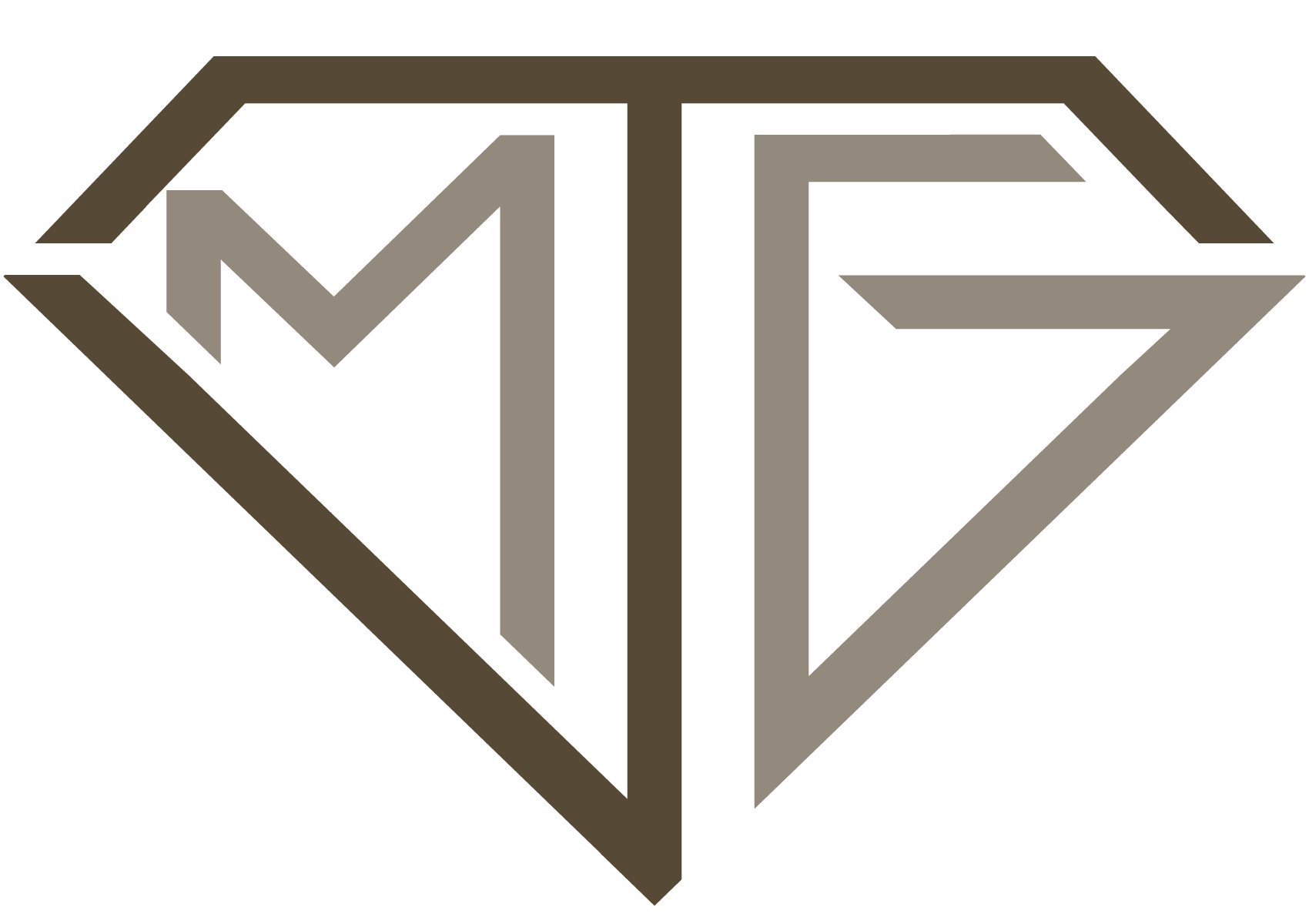When it comes to selling something, whether it’s a complex electronic or a chocolate chip muffin, it is critical to know what you’ve got. If you were at a local bake sale and asked if the chocolate chip muffins had nuts in them, and the baker replied, “I don’t know”, you likely would not take the dive to check yourself, especially if you had a nut allergy! Let’s say the baker said that there are no nuts, but you looked at the price and each muffin was $15- you would ask yourself where this baker parked their spaceship. In order to sell something properly, you not only need to have an idea of what your selling, but also need to ask an appropriate price that is reflective to what a buyer will pay. While diamonds are more complex than muffins, these same guidelines hold firm.
As discussed in previous posts, diamonds are more complex than just being a stone. Each diamond is unique, and commands it’s own value based on it’s carat weight, color, clarity, and shape. When selling a diamond, whether it is loose or mounted, it is important to know these four characteristics. Without these it would be nearly impossible to know how much you could sell your diamond for.
So how do you know what you have? Well, if your diamond is certified you will find LOADS of information listed right on the certification. Be sure to provide not only the four characteristics, but also any other information listed in order to give a potential buyer all the knowledge they need. Now you’re telling them that the muffin not only is nut-free, but also gluten-free and low-fat!
If you have an appraisal that was done on the diamond, you will find almost as much information as you would find on a certification there. Many people may have no paperwork that came with the diamond, or have lost track of it over the years. In this case, it would be important to consult a GIA certified diamond professional, like MJ Gabel, to look at the diamond to give you information on what you have.
When listing the information you have found on your stone, be sure to list where the information came from. This makes it easier for a potential buyer to gage that the information you are providing is reliable and credible.
So now you know what you have, what do you ask for it? This water can be muddier than finding out the characteristics of your diamond. Keep in mind that an appraisal, or certification may have either suggested retail values, or replacement values listed on them. These numbers are not realistic or reflective of what you could expect a private or other buyer to pay for your piece. The best way to know is to start price shopping your diamond on a wholesale level.
BlueNile.com is the leader in non-traditional diamond sales. They sell diamonds to the public close to what a jeweler could buy the same stone for. You can easily do a diamond search based on the information you have discovered about your stone, and automatically see what they are selling the exact same stone for new. Knowing that an individual can buy the same diamond you have for X amount, you now know you need to ask less than that to sell it properly. Back to the muffins; you know you can buy that gluten-free, nut-free, low-fat muffin down the street for $4, you would not spend $15 on the same product. Doing some basic research will go a long way when it comes to price negotiating during a sale.
Just like not everyone is a gifted baker, not everyone is a born seller. Simple steps though can make selling your used diamond a much easier task than one might think. Knowing your diamond gives you the confidence that you know what you’re speaking to. Also, having an idea of true market values help make the negotiating process less painful and prevents dreams of getting close to the appraisal value from being shattered. It can be somewhat of a reverse sticker shock when it becomes apparent that those appraisal values are nowhere near what someone is willing to pay. Keep in mind that it is a buyers market, and while you can ask whatever price you want for your diamond, it is the buyer who will dictate the price they are willing to pay.
If you are in the market to sell a diamond ring, bracelet, necklace or loose diamonds be sure to get in touch with us and take advantage of our free consulting.





